With the cannabis industry entering a new phase in the new year, the landscape in terms of leading countries is slowly changing. Canada is losing its leading position, and the US is increasingly pushing towards the ‘front rows’, especially because of the growing number of states regulating the commercial production of cannabis. However, according to many industry experts, the main producing countries will be the ones in which operational and labor costs are cheaper than elsewhere. The most important ones are Portugal and Colombia.
It is exactly in the latter that PlantMedCo has kicked off their operation. “We count 2.4 hectares of greenhouses,” says Diego Victoria with the company. “Though, unlike others, we cultivate straight in soil. That’s because the place where we are not only has a long history of successful crops, but also because many elements of this land are particularly suitable for cannabis cultivation.”
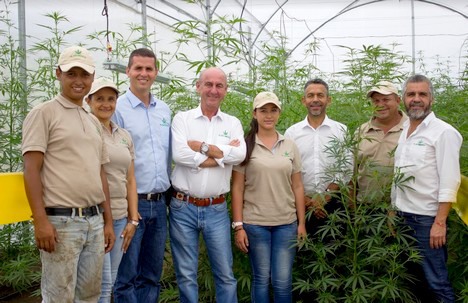
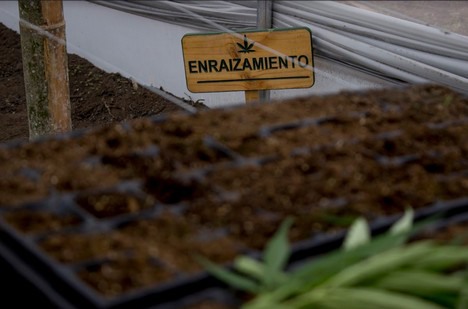
According to Diego, the plot of land where they decided to grow cannabis had a long tradition of successful crops. “And we wanted to be part of that tradition,” he says. “So, we took time to get acquainted with that, to eventually go into the business for a 100% organic cannabis cultivation.”
Low operational cost
One of the many advantages of growing in Colombia and through this approach is the low operational cost. “We wanted to capitalize on the rich resources of this territory. Not only the soil, but also the water here is particularly suitable for cannabis growing. In our region, the water’s acidity is very close to the perfect one that is necessary for cannabis. So, we collect all the water in our reserves, and re-use it, to get the most out of it while at the same time greatly reducing our impact. The initial tests showed fantastic results. At the same time, we started to figure out how to balance out the cultivation: we created a healthy environment and learnt which organic products to use.”
Diego further recounts that when the government agency came to audit their operation, they were truly impressed. “That was very nice to see,” he points out. “They said that they have never seen such a healthy environment.”
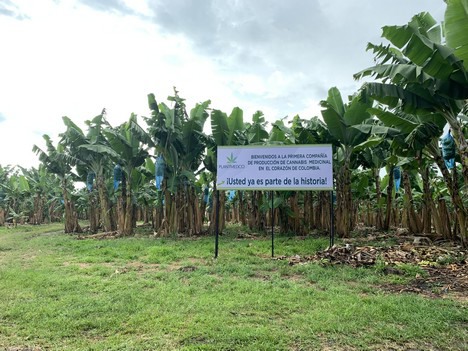
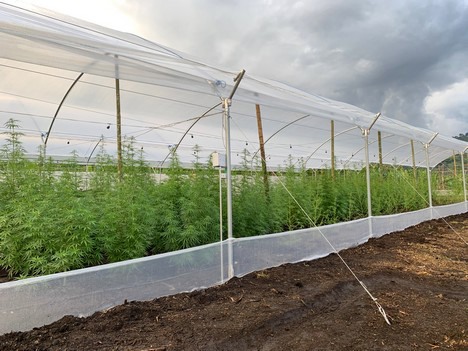
Specialized labor
On top of the low operational cost, Colombia boasts cheap specialized labor, thanks to the long successful tradition in flower growing. “We have a team that created a protocol that constantly check the crop, looking for potential pathogens, for instance,” he explains. “Our team have a lot of knowledge which derives from their direct contact with the soil and plants. That came in extremely helpful when we had to select products for the IPM.” Indeed, Diego further explains that it took while to find an adequate solution. “That’s because there are a lot of small companies that have certified organic product for certain crops, yet not for cannabis. Therefore, we conducted a substantial amount of trials which eventually allowed us to create a portfolio for a suitable organic approach: we use beneficial insects or products that are designed to improve the plant’s self-defense mechanism.”
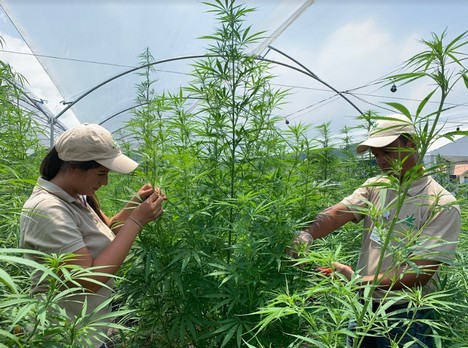
New phase
With the beginning of the new year, also the cannabis industry will enter into a new phase. “There are a lot of conditions that are going to change,” says Diego. “This is a very money-intensive industry. As such, it needs to rely on a particularly adequate regulatory environment. In Colombia, we are standing in the face of opportunities: we are capitalizing on the logistical advantages that the country has created. As of now, it is of the utmost importance to create a sustainable business model focused on long-term profitability. We believe that this space will be changing dramatically, and only those players that will be able to adapt themselves to it will be able to thrive.”
For more information:
Plantmedco
www.plantmedco.com
